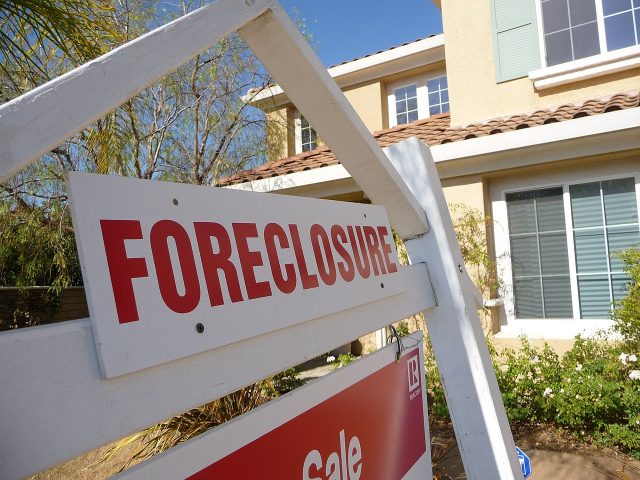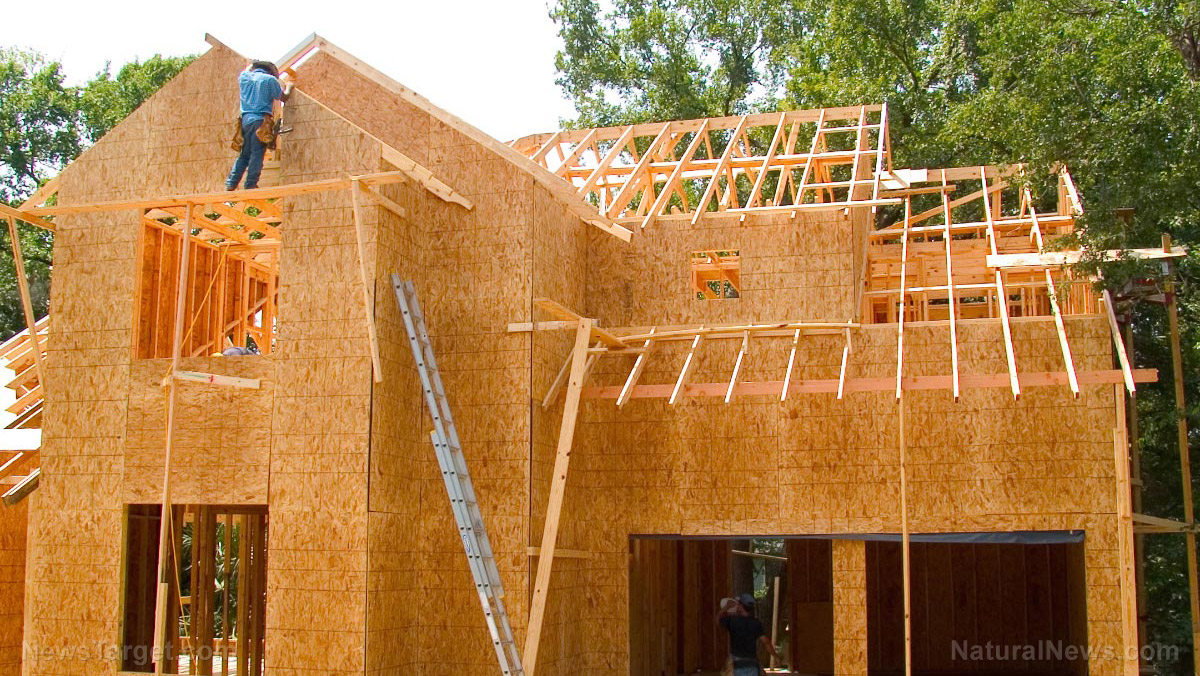 Parler
Parler Gab
Gab
Blue states leading in foreclosure rates, completions
Florida had the most number of foreclosure filings started last month, with 2,901, followed closely by California's 2,451 foreclosure starts, Texas' 2,286, Illinois' 1,358 and New York's 1,287. Of the country's major metropolitan areas, which ATTOM categorized as metros with more than a million residents, New York City had the most foreclosure starts with 1,452, followed by Chicago's 1,163, Houston's 811, Los Angeles' 700 and Philadelphia's 677. Meanwhile, Illinois, Maryland and New Jersey led the country when taking into consideration the number of houses in each state and comparing those with the number of homes with foreclosure filings. Nationwide, one in every 3,967 housing units had a foreclosure filing in May. Illinois had the highest rate, with one in every 2,144 housing units with a foreclosure filing. Illinois is followed by Maryland, with one in every 2,203 housing units and New Jersey, with one in 2,257 housing units. Furthermore, metropolitan areas with the worst foreclosure rates include Cleveland's one in every 1,622 housing units, Jacksonville, Florida's one in every 1,699, Baltimore, Maryland's one in every 1,908, Chicago's one in every 1,991 and Orlando, Florida's one in every 2,049 housing units. The states that had the largest number of foreclosure completions were Illinois with 352, Ohio with 279, Michigan with 271, Texas with 240 and Pennsylvania with 229. Major metropolitan areas that saw the greatest number of foreclosure completions were New York City with 244, Chicago with 230, Detroit with 136, St. Louis, Missouri with 112 and Washington, D.C. with 91. Learn more about the collapse of the American market at EconomicRiot.com. Watch this episode of "World Alternative Media" as host Josh Sigurdson discusses the debt crisis affecting the housing market. This video is from the World Alternative Media channel on Brighteon.com.More related stories:
San Francisco's biggest hotels are shutting down due to unpaid debts as fewer tourists visit the crime-riddled, crap-smothered city. Unanimous Supreme Court rules county cannot steal equity in homes after sale for tax debt. Largest insurance company in California no longer writing new home policies due to high risk of catastrophic events. Stretch of road near SF's Highway 101 now home to low-income locals priced out of the housing market. Government theft of home equity rooted in FEUDALISM, finance expert says. Sources include: NBCNews.com WorldPropertyJournal.com Brighteon.com“Reconstruction bank” set up to help Ukraine secure more than $411bn needed to rebuild
By Cassie B. // Share
New York City is now the world’s fifth most expensive city for luxury living
By Arsenio Toledo // Share
National debt hits record-high $32 trillion two weeks after suspension of debt ceiling
By Belle Carter // Share
Saudi Arabia signs $5.6 billion deal with China to boost the kingdom’s EV industry
By Laura Harris // Share
Governments continue to obscure COVID-19 vaccine data amid rising concerns over excess deaths
By patricklewis // Share
Tech giant Microsoft backs EXTINCTION with its support of carbon capture programs
By ramontomeydw // Share
Germany to resume arms exports to Israel despite repeated ceasefire violations
By isabelle // Share










